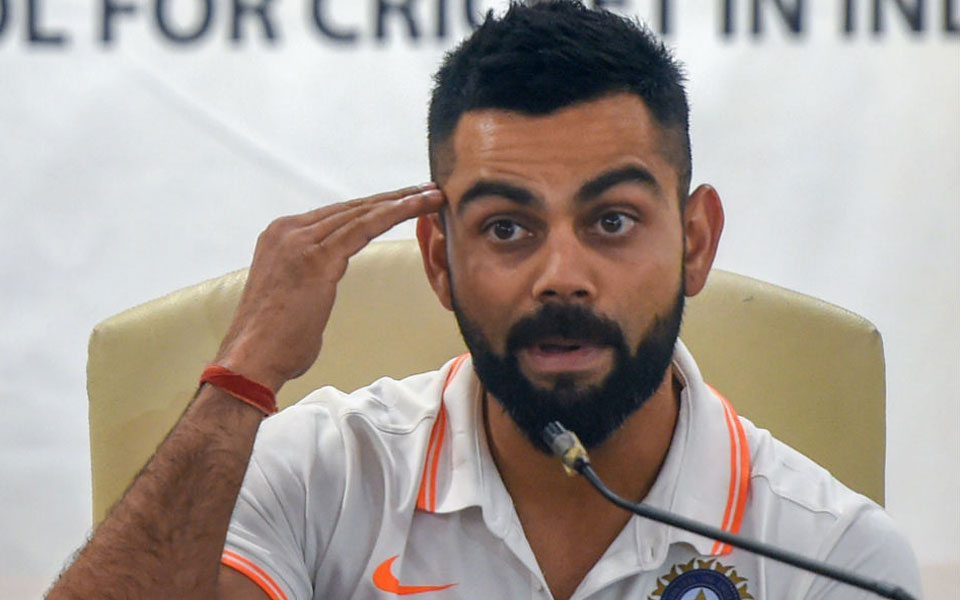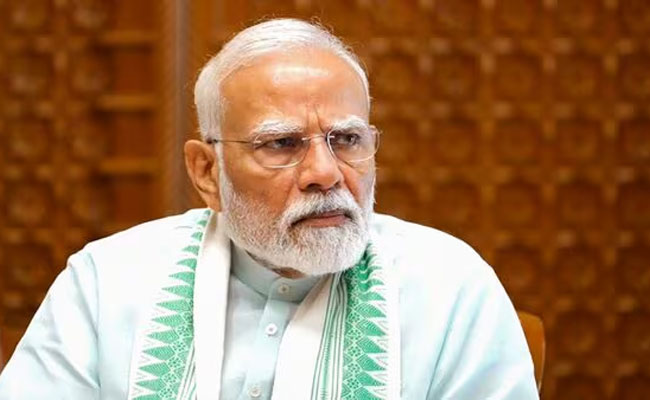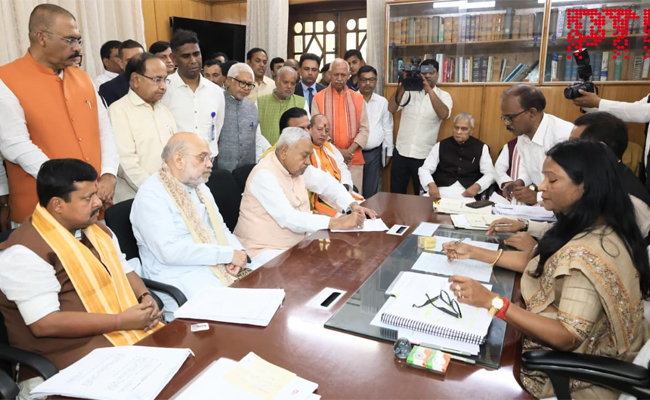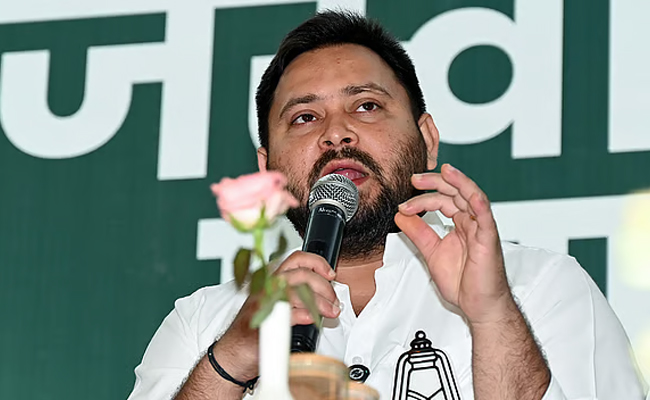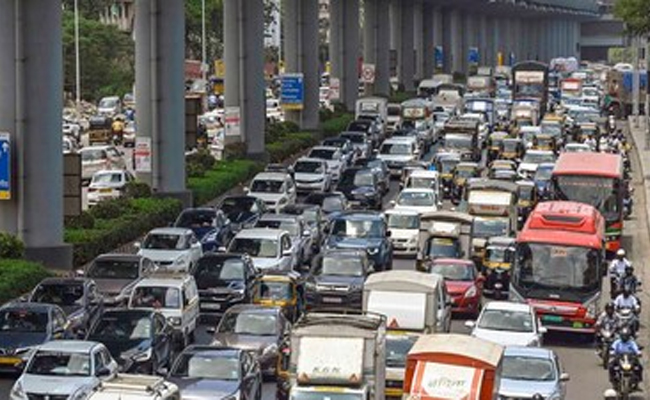Visakhapatnam, Feb 23: India captain Virat Kohli Saturday said that his team will "respect the decision of the government" with regards to playing Pakistan in the upcoming World Cup in the wake of the Pulwama terror attacks where 40 CRPF personnel were martyred.
There has been calls to boycott the June 16 World Cup face-off against Pakistan at the Old Trafford in the aftermath of the dastardly attack but the Indian cricket board has not taken a call, putting the ball in government's court.
"Our stand is simple. We stick by what the nation wants to do and what the BCCI decides to do and that is basically our opinion," skipper Kohli said on the eve of India's opening T20 International against Australia on Sunday.
"Whatever the government and the board decide, we will eventually go by that and will respect that. So that is our stand on this particular issue," Kohli added.
The captain offered his condolences on behalf of the entire Indian team to the families of the martyred soldiers.
"Our sincere condolences to the families of the soldiers who lost their lives. The Indian team is really shocked and sad about what happened."
Kohli's stand is pretty similar to what chief coach Ravi Shastri echoed in an interview to a television channel where he said that the team will "accept whatever decision that the government takes."
"It's entirely left to the BCCI and the government. They know exactly what is happening and they will take a call. We will go by what they decide," Shastri told Mirror Now.
"If the government says it's that sensitive you do not need to play the World Cup, I will go by my government," the head coach further said.
On Friday, the Committee of Administrators run BCCI decided against taking any stand on the World Cup clash against Pakistan but urged the ICC and other nations to "sever ties" with countries from where "terrorism emanates".
"The 16th of June is very far away. We will take a call on that much later and in consultation with the government," CoA chief Vinod Rai had said on Friday
"We must sever ties with nations from which such terrorism emanates. We will express our concern on an appropriate forum," Rai had further added.
There has been divided opinion among cricket fraternity with Sunil Gavaskar and Sachin tendulkar urging India to play and beat Pakistan denying them any leeway in the tournament.
However there are counter-views with another former skipper Sourav Ganguly and one of country's top wicket takers Harbhajan Singh calling for a boycott of sporting ties with the neighbouring country.
Let the Truth be known. If you read VB and like VB, please be a VB Supporter and Help us deliver the Truth to one and all.
New Delhi (PTI): Prime Minister Narendra Modi on Thursday called for a "swift end" to the conflicts in West Asia and Ukraine, saying no issue can be resolved through military confrontation.
Modi made the remarks after holding wide-ranging talks with Finnish President Alexander Stubb.
"India and Finland, both, believe in the rule of law, dialogue, and diplomacy. We are in agreement that no issue can be resolved through military conflict alone," he said. "Be it Ukraine or West Asia, we will continue to support the swift end of conflicts and every effort towards peace," Modi said in his media statement.
ALSO READ: Baramati plane crash: CID questions VSR Ventures owner
In the talks, the two sides also agreed to accord India-Finland relations in digitalisation and sustainability as a strategic partnership.
"This partnership, from AI to 6G telecom, from clean energy to quantum computing, will give momentum and energy to our cooperation in many high-tech areas," he said. Modi said the India-EU free trade agreement will bolster trade ties between India and Finland.
"This agreement will further strengthen trade, investment, and technology cooperation between India and Finland," he said.
Finnish President Stubb began a four-day visit to India on Wednesday with an aim to shore up bilateral cooperation across a wide spectrum of areas, including trade, investment and critical technology.

